China unveiled a guideline on Wednesday to improve its market access system, in an effort to further optimize the business environment and support the development of both domestic and foreign-funded enterprises.
The move marks the country's latest push to implement the resolution adopted last month at the third plenary session of the 20th Central Committee of the Communist Party of China, which said the nation will refine its market access system and take more measures to remove barriers.
The guideline, released by the General Office of the CPC Central Committee and the General Office of the State Council, China's Cabinet, details 10 measures, including improving the negative list management model, strengthening coordination of policies for domestic and foreign-funded enterprises, relaxing entry thresholds for the service sector in an orderly manner, and optimizing the market access environment for new forms of business and new sectors.
Experts said the new guideline signals a key step toward building an open, transparent, rules-based market access system that will provide a level playing field, clearly define rights and responsibilities and ensure effective oversight.
"The document emphasizes the principle of 'broad market access with strict regulation', advocating full market entry in fully competitive sectors and a substantial reduction in market entry restrictions for business entities, in order to create a more comprehensive market access framework," said Wang Chenwei, director of the Macroeconomy Research Office at National Development and Reform Commission's Economic System and Management Institute.
Wang said the move is beneficial for accelerating the building of a high-standard socialist market economy and facilitating the alignment of domestic and international rules, regulations, management practices and standards. "It will help expand high-standard opening-up," he added.
The guideline highlighted the key role of the negative list management model in the market access system. It emphasized that all market access management measures set at national and local levels must be included in the unified national market access negative list, strictly prohibiting the establishment of additional market entry permits or conditions outside the list.
For industries or sectors related to people's livelihood, such as education, healthcare and sports, market entry restrictions should be cautiously relaxed, and the market entry standards for sectors such as elderly care, nursing and services for people with disabilities should be optimized, the guideline said.
Guo Liyan, deputy director of the Economic Research Institute of the China Academy of Macroeconomic Research, said the services sector holds great market potential, with strong interest from social capital, particularly private and foreign investment, in gaining access.
"Further clearing of various entry restrictions in the services sector, eliminating both explicit and implicit access barriers, and timely relaxation of market access in this area will help create an environment where investors are encouraged to invest, are capable of investing, and are able to achieve good returns. This, in turn, will promote deep industrial transformation and upgrading," she said.
According to the guideline document, China will outline specific implementation plans to optimize the market environment for emerging fields, including deep-sea exploration, aerospace, aviation, healthcare, new energy and artificial intelligence.
Guo said, "Enhancing the market access system to support the development of new quality productive forces will help remove obstacles in the application of scientific and technological advances, thereby facilitating faster development of new technologies and products and attracting more patient capital throughout the process."
Entrepreneurs hailed China's ongoing efforts to create a favorable business environment, expressing strong confidence in their future development and growth in the Chinese market.
"China's new, more sophisticated open economic system promises an enhanced business environment for both domestic and foreign firms," said Nancy Wang, country manager for LinkedIn China.
As the country continues to pursue high-standard opening-up and refines its business environment, LinkedIn is committed to increasing its investment in China over the next decade, she added.
Zhou Hongyi, founder of Chinese internet enterprise 360 Security Group, said that China has placed great emphasis on reform measures aimed at cultivating new quality productive forces, demonstrating the country's firm determination to promote fair competition among enterprises.









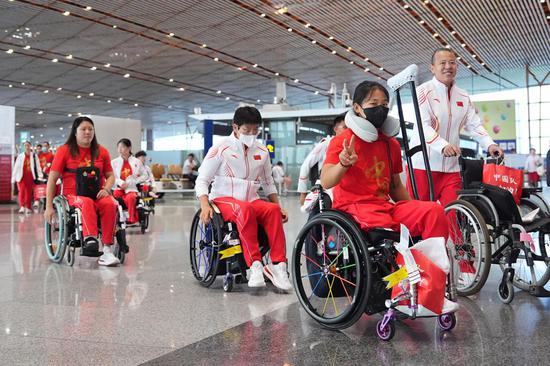
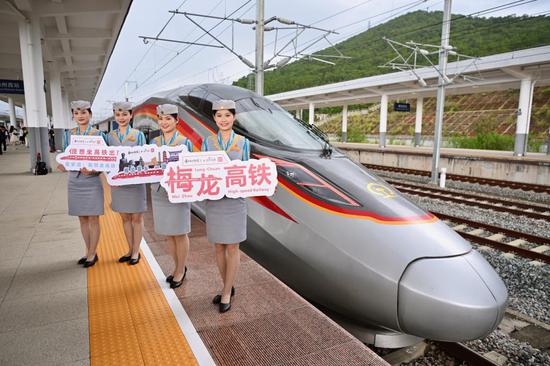




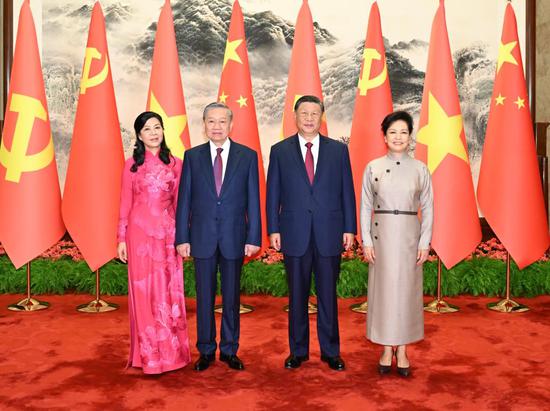
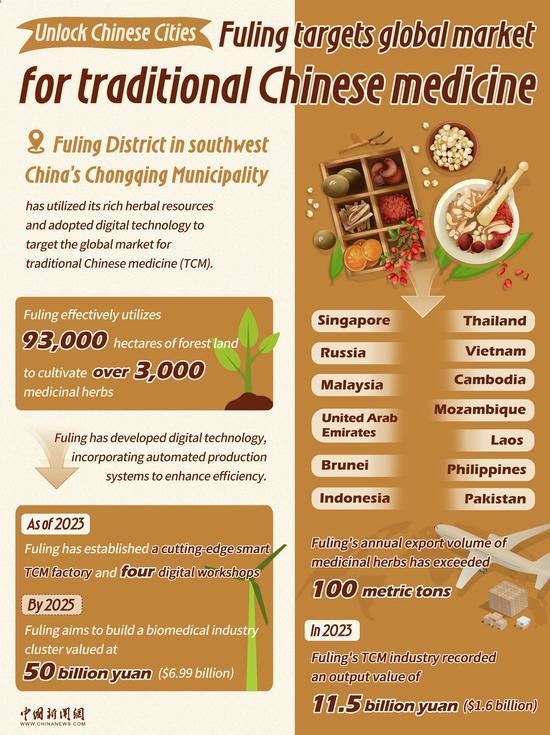
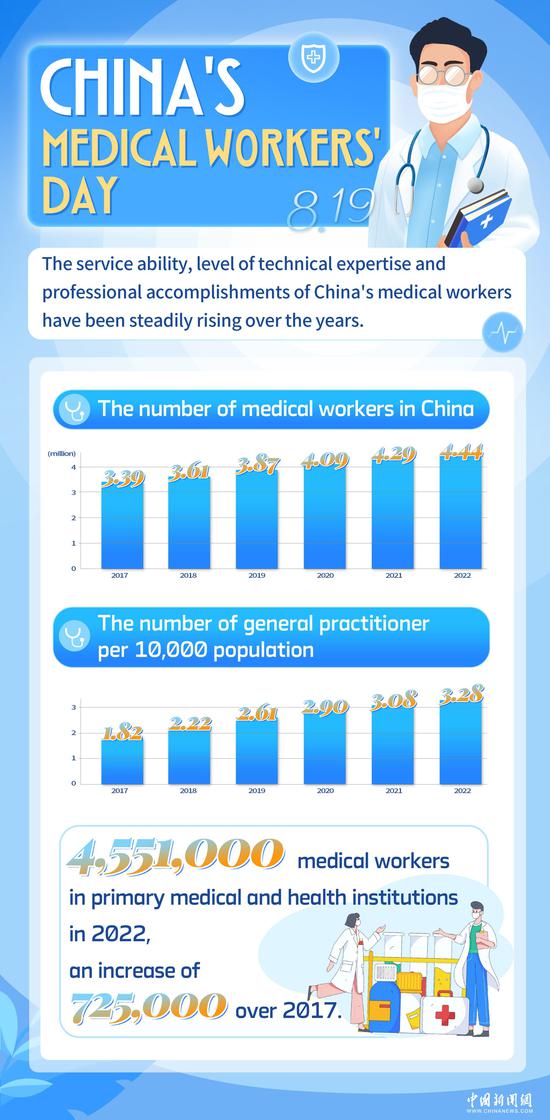
















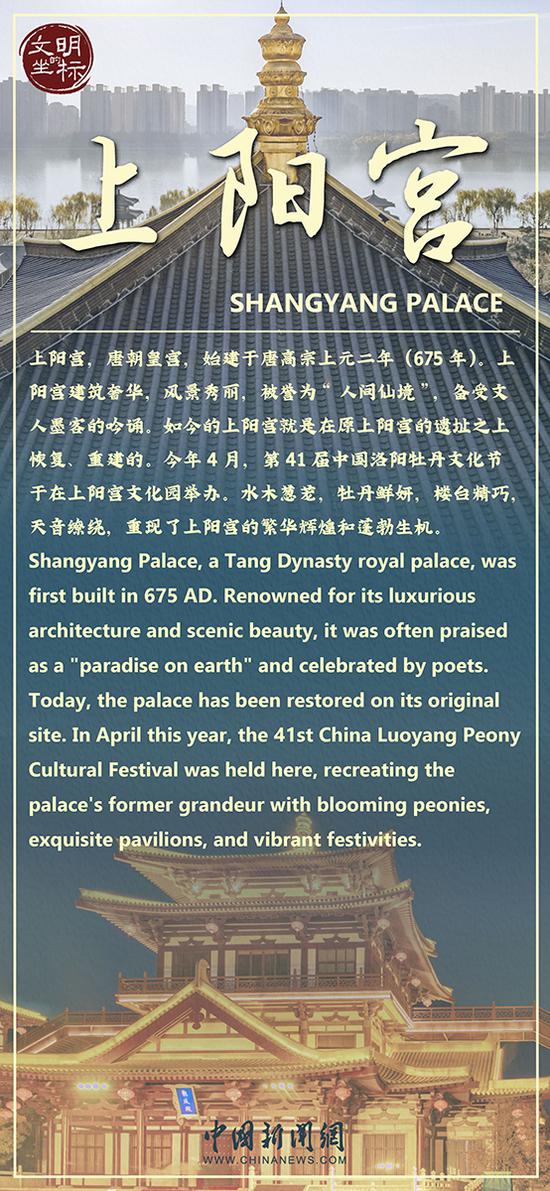













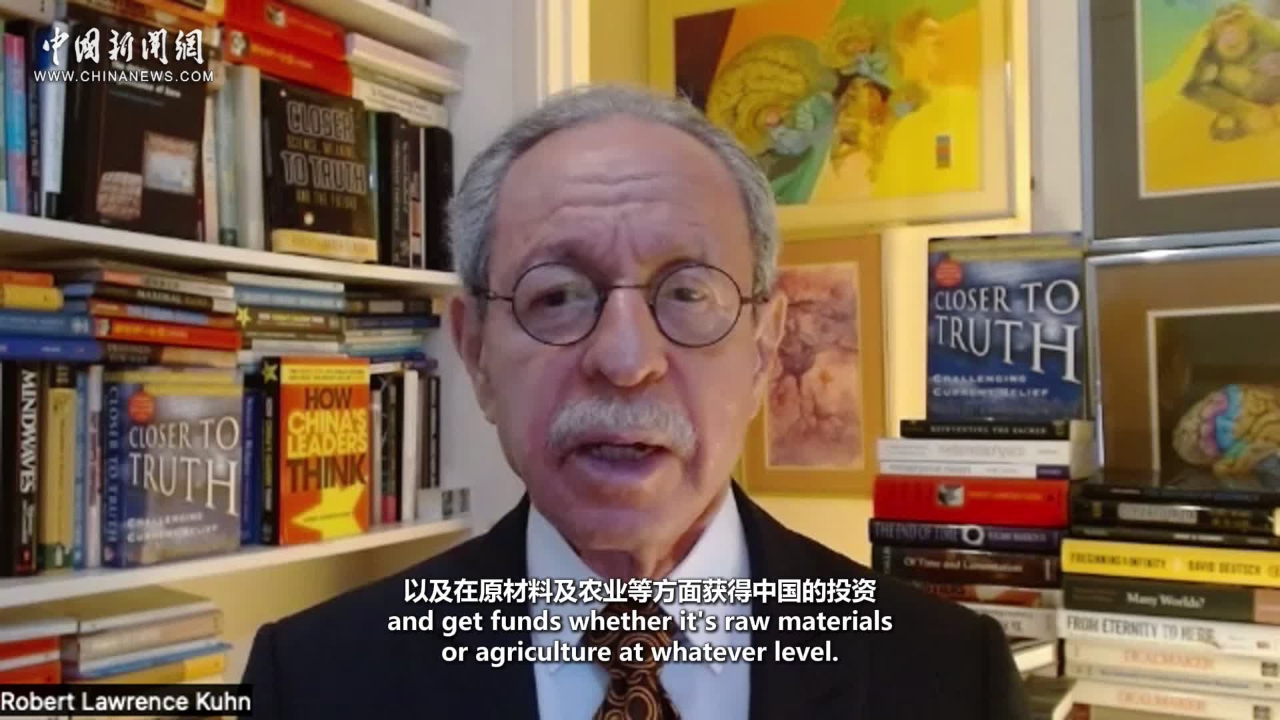

 京公网安备 11010202009201号
京公网安备 11010202009201号